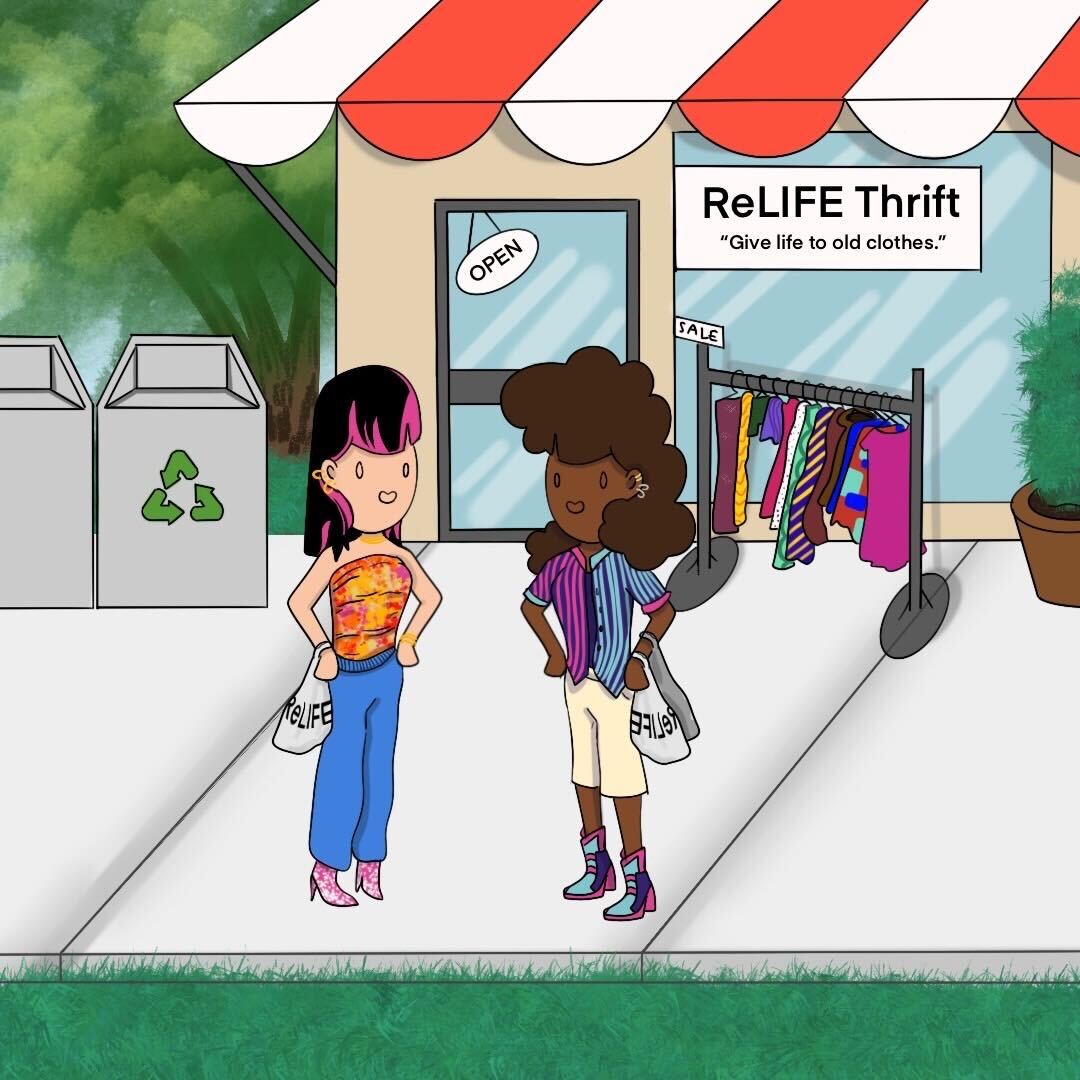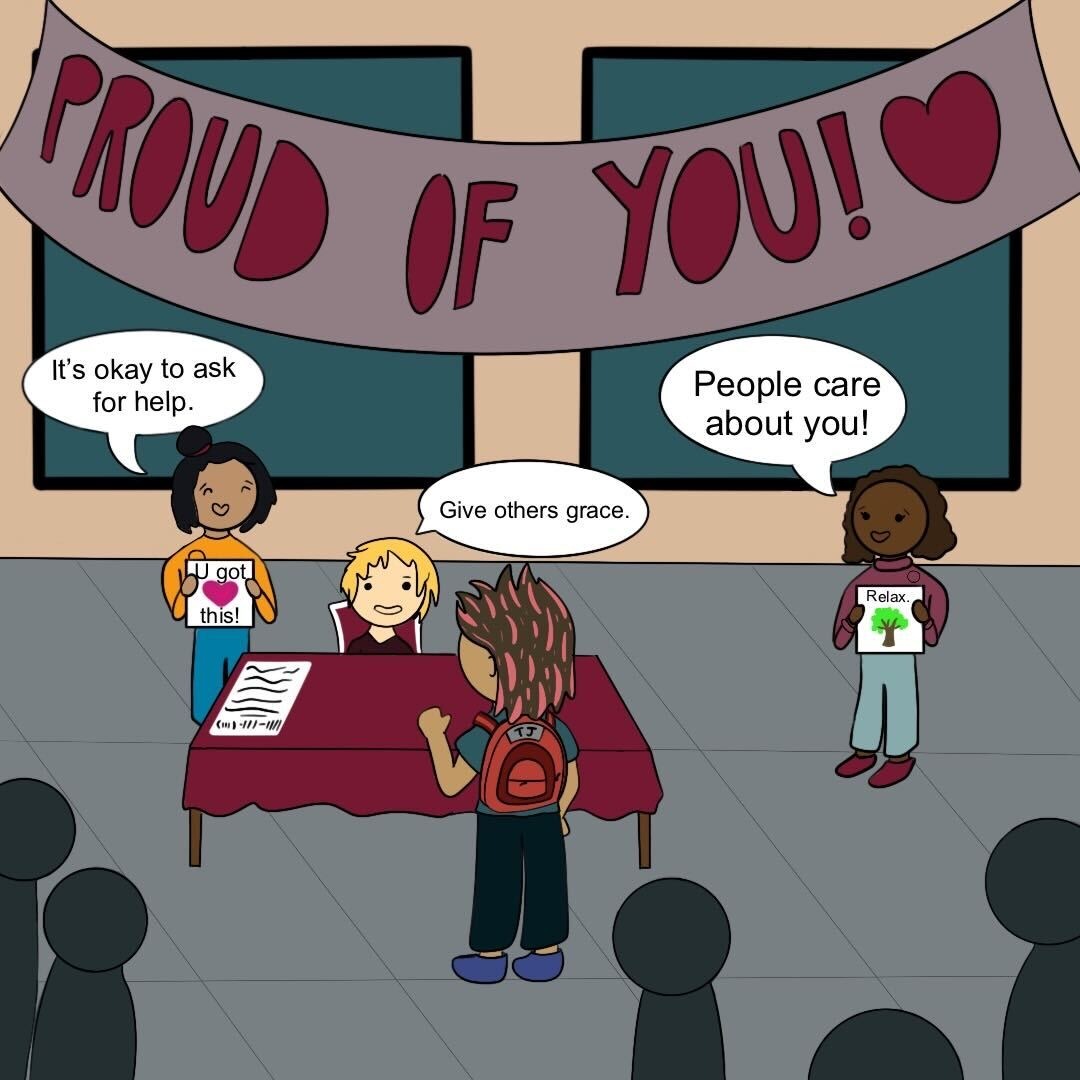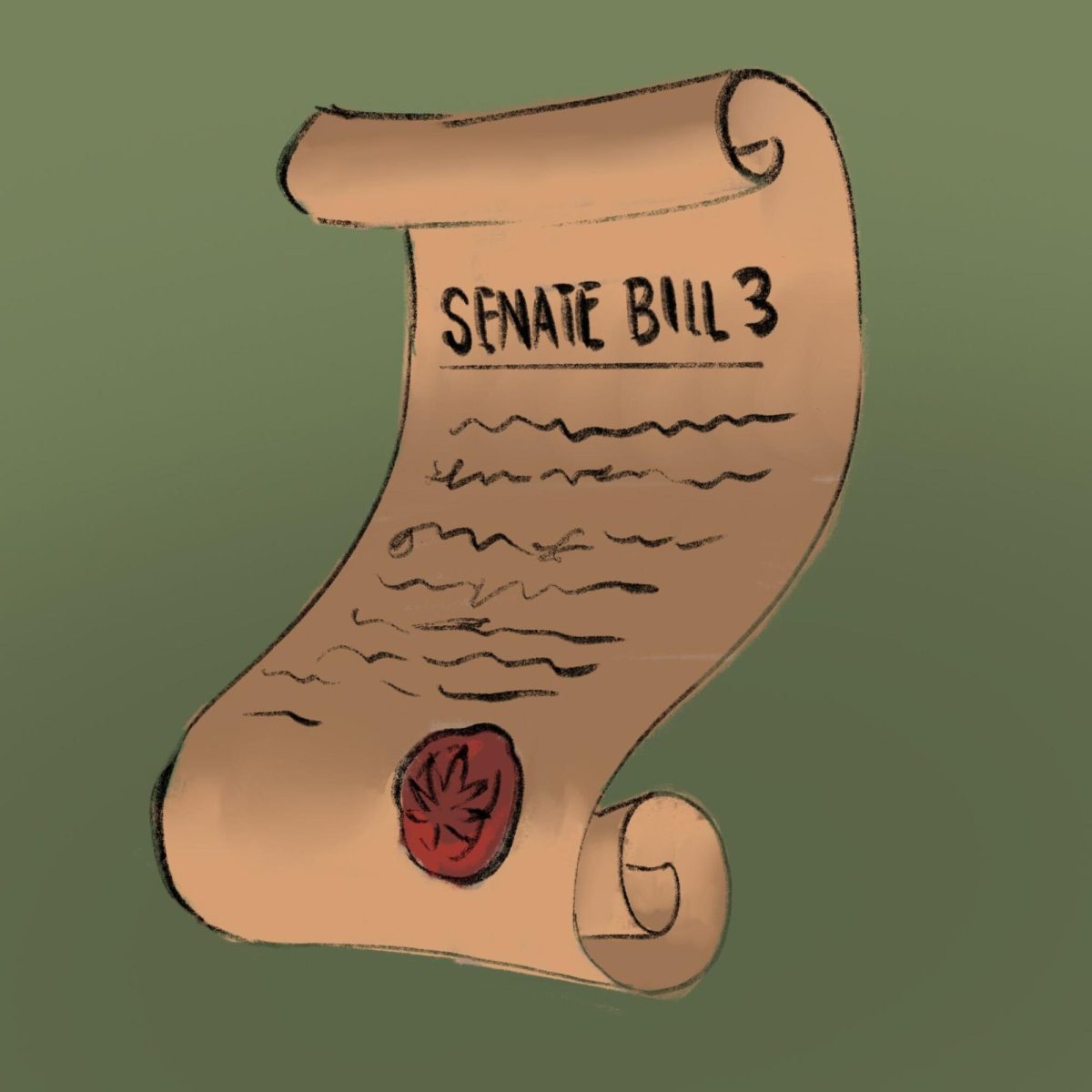In December, adult film actress August Ames committed suicide following backlash from fellow pornstars after she stated she did not want to work with male actors who previously worked in gay porn. Ames’ concern stemmed from the routine testing adult actors are submitted to for STD’s, particularly HIV and AIDS. In gay porn, however, the industry is more lax on the enforcement of this testing, according to Ames. Her comment was interpreted as homophobic and criticized before and after she took her own life.
This particular case highlights a common dynamic in not just adult film stars, but encompasses sex workers as a whole. Ames was not refusing to work with gay porn actors because they were engaging in homosexual acts, but because she was concerned for her own safety based on legitimate precedents. Perhaps her comment was rooted in homophobia to a degree, but Ames’ ability to provide or withhold consent to sexual activity was ultimately her decision. Despite being a sex worker, Ames was not under obligation to engage in sexual activity she did not want to consent to.
This is not to imply that the rules of consent are different for sex workers, but to highlight the common misconception that they are. Too many people wrongly assume that being in a line of work that includes sex means the sex worker does not have any non-negotiable lines drawn on what they will and will not do. A sex worker is not in a constant state of consent just because of their job title. A professional cook is not under obligation to cook for anyone who happens to be hungry. The same logic should be applied to the sex industry.
As the August Ames case shows us, this misconception is not limited to individuals unfamiliar with the business, as the backlash she received came mostly from other adult actors. This is even more dangerous to sex workers because if they can not have a universal guideline established in their own industry or feel they can rely on their peers when faced with a dilemma as Ames was, their chances of being assaulted, harassed or abused are significantly higher, while their faith in seeking support among peers after the fact is lowered.
Ames herself had a history of mental illness and the negative consequences of her condition were amplified by the toxic environment she worked in. Her comment was not criticized in an appropriate fashion or medium. Instead of an opportunity for her cohorts to educate her, or at the very least express their disagreement, she was publicly shamed and vilified. Even after her death, other adult actors explicitly expressed no remorse in the events that transpired. For other adult actors dealing with depression or other mental health issues, it can be challenging to consider their industry as a viable safety net or support system in the wake of this tragedy.
When most people think of sex workers, they picture big-name pornstars or seedy prostitutes in a red light district. This is not the reality for the majority of sex workers. In fact, a study conducted by Widener University found that ten percent of college students admit knowing of another student who has engaged in sex work to provide for themselves financially. Additionally, 16.5 percent of students admitted they would be willing to engage in sex work to pay for their education. These are not just strangers; they are your neighbors, classmates and friends.
Sex workers are not objects; they are people. They deserve access to the same services and resources traditional workers are entitled to. They deserve the same consideration for their well-being, feelings and personhood we universally agree other workers deserve. They should not be deprived of their basic human autonomy just because the public has prejudices about their line of work. The safety and validity of their existence is a crucial part of intersectional feminism and as such, should be supported by anyone claiming to champion the causes of the downtrodden.
Sex work is “history’s oldest profession.” It is beyond time we stop looking at these women and men with sideways glances and instead directly include them in our community as valued individuals and give them the same respect we ask for ourselves.
– Zach is a journalism senior
Categories:
Sex workers are people, not objects
February 1, 2018

Illustration by Kennedy Swift | Staff Illustrator
0
Donate to The University Star
Your donation will support the student journalists of Texas State University. Your contribution will allow us to purchase equipment and cover our annual website hosting costs.
More to Discover







